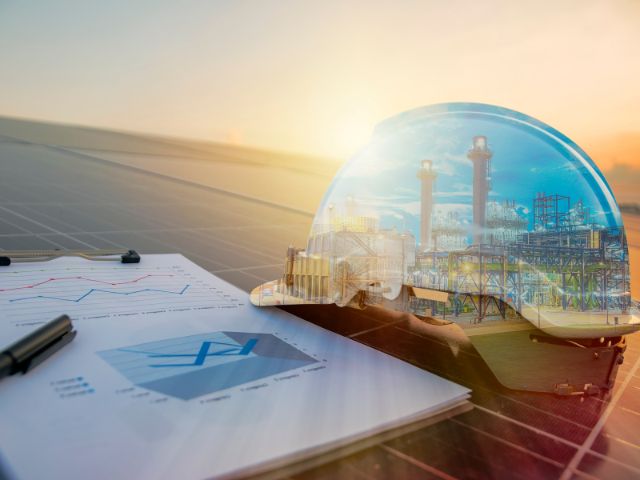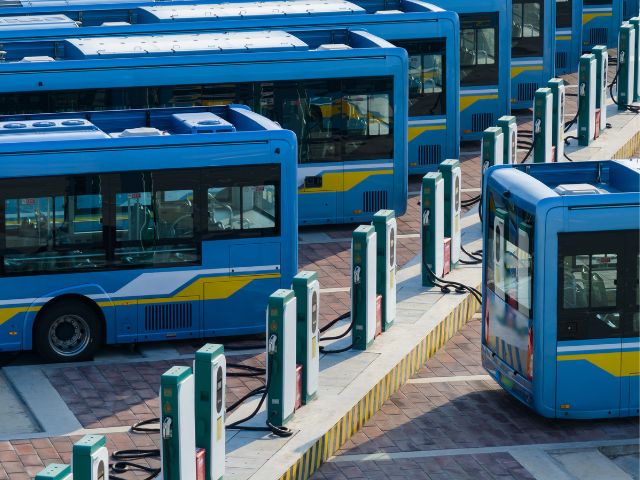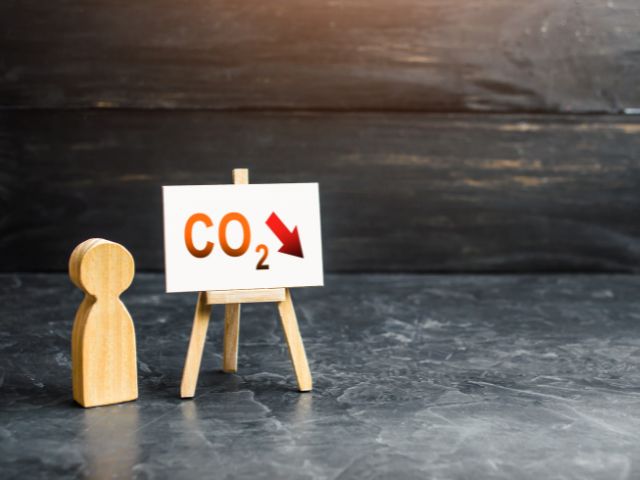The journey toward a carbon-free industry comes with challenges such as high initial costs, technological barriers, and regulatory uncertainty. However, decarbonization also opens doors to innovation, lower operational costs, improved corporate reputation, and access to new markets. In this article, we explore the key obstacles and the strategies industries can adopt to thrive in a sustainable future.
Decarbonization
Decarbonizing transportation is a critical challenge in the fight against climate change. Hydrogen, biogas, and electrification emerge as essential solutions to reducing emissions in heavy-duty vehicles and enabling a cleaner mobility future. From battery-electric trucks to advanced biofuels, these technologies require strong infrastructure investments, economic incentives, and clear regulations for widespread adoption.
The fight against climate change demands effective and structural solutions. The European Emissions Trading System (ETS) has become a key tool in reducing greenhouse gas emissions by regulating industrial, energy, and transport sectors. With ETS2 launching in 2027, heavy-duty vehicles and buildings will also be included, making decarbonization a top priority for businesses and governments.




